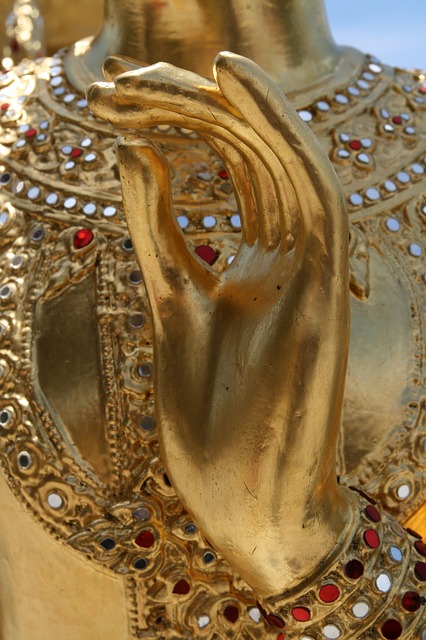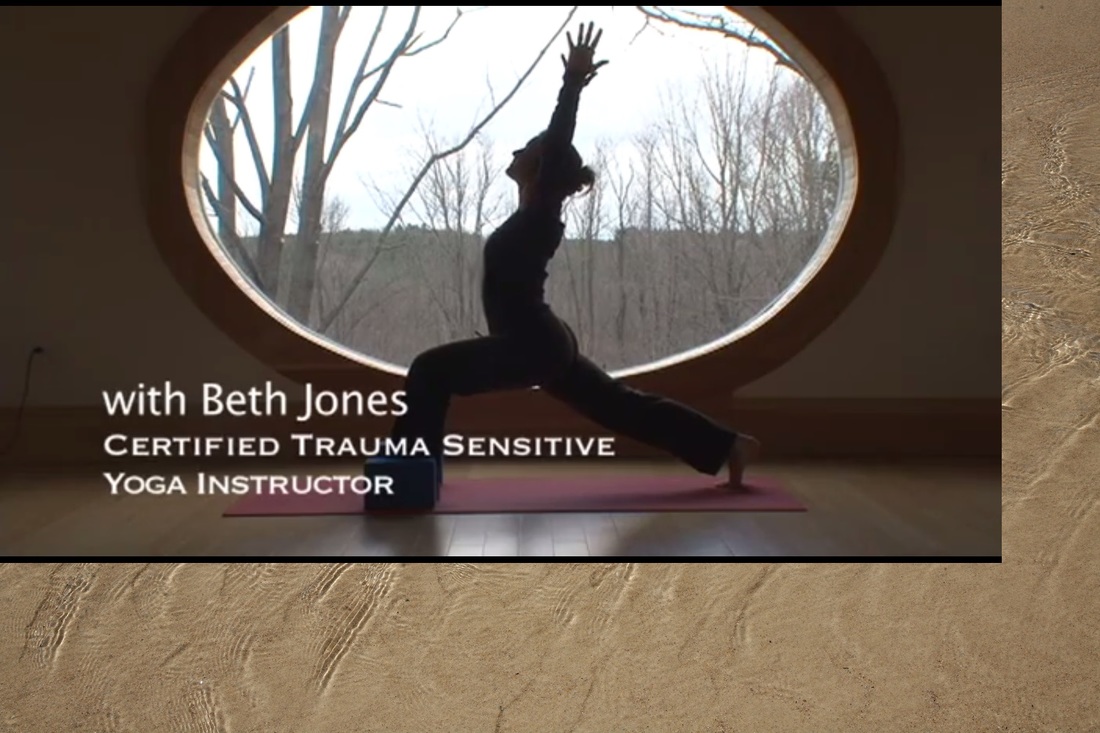An examination of pertinent and under researched issues related to the growing use of mindfulness meditation (MM) and other contemplative practices in health care starts with discussions of the common understanding of mindfulness developed by John Kabat-Zinn’s (1994) who famously defined it as – “paying attention in a particular way, on purpose, in the present moment, non-judgmentally” (p.4). Changing understandings of mindfulness, now impacting how it is taught and practiced, start with the differentiation of MM and Mindfulness Based Interventions (MBI). MM practices are generally grouped into two primary types: focused attention and open monitoring (Vago & Silbersweig, 2012). MBIs, although often incorporating MM practices, generally do so within a larger collection of therapeutic techniques. The most common MBIs are Mindfulness Based Stress Reduction (MBSR) (Kabat-Zinn, 1990), Mindfulness Based Cognitive Therapy (MBCT) (Segal, Williams, & Teasdale, 2002), Dialectical Behavioral Therapy (DBT) (Linehan, 1993), and Acceptance and Commitment Therapy (ACT) (Hayes, Strosahl, & Wilson, 1999). This under researched issue introduces a number that are currently arising, which challenge the rapid adoption of contemplative practices such as MM.
0 Comments
 I was recently introduced to this organization, Frontline Yoga, which is helping veterans and front-line support people such as the Police and nurses and doctors in emergency wards - who are suffering trauma because of their work. It looked like a great initiative to me: http://www.yogaforthefrontline.com/ And this is their Facebook site, there are some inspiring stories on it: https://www.facebook.com/FrontlineYogaFoundation/?fref=nf From their website: "Frontline Yoga Inc. delivers Trauma Aware Yoga to members at the Frontline. Police, Paramedics, Firefighters, Defence, Healthcare Workers, SES/RFS and Surf Life Savers are able to access free weekly Yoga. Our aim is to foster community and support, develop mental and physical strength, build resilience, a sense of peace and tools for self-regulation in order to optimise the processing of occupational stressors.  Andrew Olendzki: "Consciousness, Non-Self and Contemplative Art: Buddhist Influences on a New Art Movement." Video of a presentation given at Smith College in Northampton, MA on August 5, 2015. There are a number of interesting video presentations on different aspects of Buddhism presented by the Buddhist scholar Andrew Olendzki, scroll down to the bottom of the page to see the one on Contemplative Art through a Buddhist lens: http://www.andrewolendzki.org/video.html I have recently been introduced to the idea of a trauma informed approach to contemplative practice not only in Contemplative Education but in all uses of contemplative practice. This is link to a short video on trauma informed yoga: https://www.youtube.com/watch?v=f_mBp5p6h2M
|
Author: Dr Patricia Morgan
I am a teacher, contemplative practitioner, researcher, community developer and artist, currently working in the area of Contemplative Education, which I believe is one of the most important movements in education today. Categories
All
Archives |



